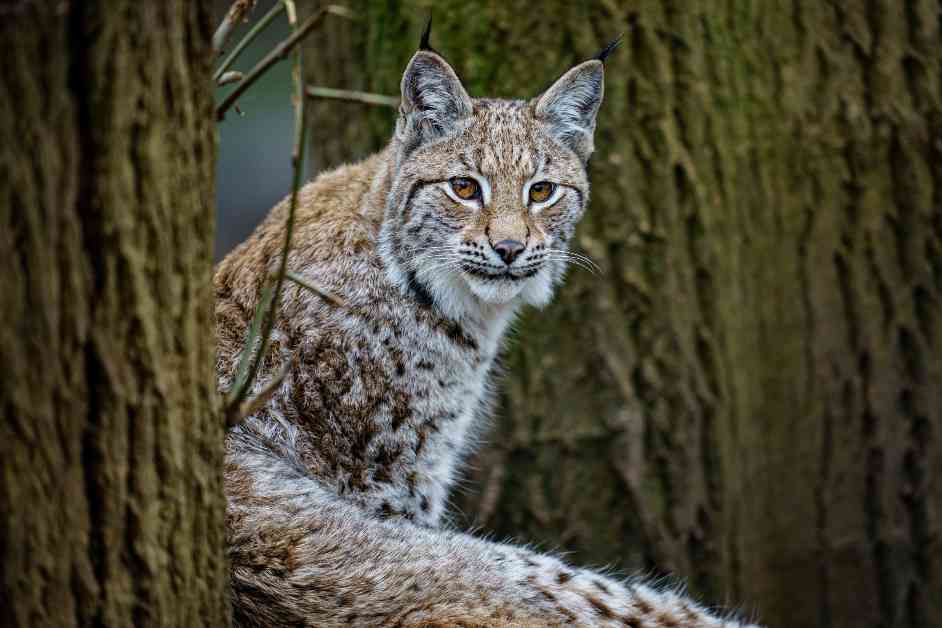Public Support for Lynx Reintroduction in Scotland on the Rise
In a surprising turn of events, a recent poll conducted by Survation for the Lynx to Scotland Partnership has revealed a significant increase in public support for the legal reintroduction of lynx to Scotland. This development comes on the heels of an illegal release of four lynx near the Dell of Killiehuntly in the Highlands, sparking renewed interest in the species and prompting conservationists to call for a trial rewilding effort. The First Minister, John Swinney, however, has staunchly opposed the idea, stating that the Scottish Government has no plans to reintroduce such large carnivorous species into the country. This has led to a growing chorus of voices urging him to reconsider his position in light of the shifting public sentiment.
Renewed Interest in Lynx Amid Controversy
The poll, which surveyed 2,014 adults in Scotland, revealed that 61% of respondents now support the legal reintroduction of lynx, marking a notable increase of nine percentage points since the last survey in 2020. In contrast, only 13% expressed opposition, a decrease of six percentage points. This surge in public backing comes in the wake of the illegal release of four lynx in the Cairngorms, an incident that drew widespread condemnation from conservationists and wildlife experts alike. While one lynx tragically passed away, the remaining three are said to be thriving under the care of experts at Edinburgh Zoo.
Push for Reintroduction Trial Gains Momentum
The three charities spearheading the campaign for a lynx reintroduction trial – Scotland: The Big Picture, Trees for Life, and The Lifescape Project – have joined forces to send an open letter to First Minister Swinney, supported by 17 organizations, urging him to reconsider his stance. They argue that well-planned and managed species reintroductions are essential for restoring biodiversity, enhancing climate resilience, and promoting economic prosperity. Peter Cairns, head of rewilding at Scotland: The Big Picture, emphasized the need for a sensible and well-managed approach to reintroducing lynx, stressing that the recent illegal release should not overshadow the broader benefits of such a conservation effort.
Expert Insights and Public Opinion Alignment
Steve Micklewright, chief executive of Trees for Life, echoed Cairns’ sentiments, highlighting the growing public support for lynx reintroduction and underscoring the benefits that outweigh any potential challenges. Despite these calls for reconsideration, a spokesperson for the Scottish Government reiterated their stance against reintroducing lynx or any other large carnivorous species due to concerns about negative impacts on farms and rural communities. As the debate rages on, it remains to be seen whether public sentiment will sway policymakers to revisit their decision in the interest of wildlife conservation and ecosystem restoration.
In conclusion, the growing support for the reintroduction of lynx in Scotland reflects a shifting landscape of public opinion and conservation priorities. While challenges and concerns remain, the call for a trial rewilding effort underscores the potential benefits of restoring this iconic species to its native habitat. As stakeholders continue to engage in dialogue and advocacy, the fate of the lynx in Scotland hangs in the balance, awaiting a resolution that balances ecological needs with human interests.
































